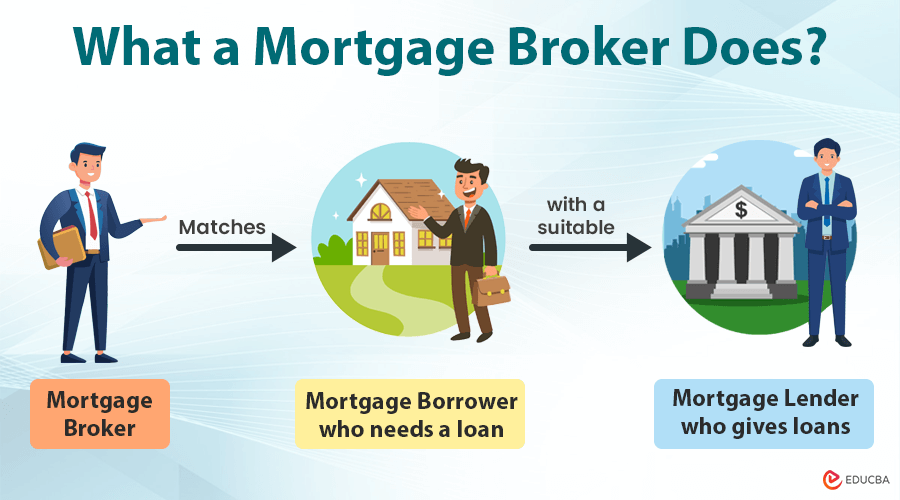Recognizing What a Jumbo Funding Entails and Just How It Varies From Standard Financings
Navigating the ins and outs of big finances reveals a funding choice customized for those venturing into high-value actual estate, typically exceeding the limits established by the Federal Housing Financing Agency. The considerable threat associated with big car loans demands more rigid qualification demands, consisting of greater credit history ratings and significant down repayments.
Interpretation of Jumbo Car Loans
Jumbo financings are a sort of home loan that exceed the adjusting funding restrictions set by the Federal Housing Financing Company (FHFA) These loans deal with debtors that need to finance homes that are more expensive than what traditional loan limits allow. The FHFA establishes annual adapting financing limits, and any car loan exceeding these limits is categorized as a jumbo funding.
Usually, jumbo car loans are utilized in high-cost realty markets where home prices dramatically exceed national standards, such as in cosmopolitan locations or high-end housing fields. As these finances are not qualified for purchase by Fannie Mae or Freddie Mac, they bring inherent risks for lending institutions because of their larger dimension and non-conformity (jumbo loan). Subsequently, loan providers commonly impose a lot more rigorous certification requirements for big financings than common adhering lendings.
Consumers seeking big fundings must normally show a strong economic profile, consisting of a higher credit report, robust income confirmation, and substantial deposit, frequently 20% or even more. Additionally, loan providers may call for more considerable documentation to examine the consumer's ability to handle larger month-to-month repayments. Recognizing the specific characteristics of big loans is important for possible borrowers browsing this segment of the home loan market.
Traditional Loans Summary
While jumbo fundings accommodate high-value residential or commercial property financing, conventional fundings stand for the even more typical home loan alternative in the real estate market. These financings are not guaranteed or assured by any type of government entity, such as the Federal Housing Administration (FHA) or the Department of Veterans Affairs (VA) Instead, they are backed by private lenders and abide by standards established by government-sponsored enterprises (GSEs) like Fannie Mae and Freddie Mac.
Conventional lendings are usually provided with fixed or flexible rate of interest and vary in regards to period, generally extending 15 to thirty years. Customers typically like traditional car loans for their predictable month-to-month settlements, which can facilitate long-term financial preparation. Furthermore, they are available for key houses, second homes, and investment residential or commercial properties, using versatility to meet varied customer needs.

Trick Differences Between Finances
At the leading edge of this decision-making process are standard finances and big fundings, each possessing unique attributes and serving various consumer requirements. Big loans go beyond the adapting funding limits established by the Federal Real Estate Finance Firm (FHFA), which vary by region.

Additionally, the down payment demands can vary considerably. Big loans normally need bigger down payments, sometimes exceeding 20%, to reduce danger. Traditional finances, alternatively, might enable reduced deposits, with some programs accepting as low as 3% for certified purchasers.
Certification Demands
Protecting a jumbo funding includes satisfying much more strict certification demands compared to standard car loans, mirroring the increased risk to lenders. These lendings, which exceed the adjusting financing restrictions set by the Federal Real Estate Financing Firm (FHFA), are not eligible for purchase by Freddie Mac or Fannie Mae, thereby revealing loan providers to higher financial threat - jumbo loan. Therefore, customers need to show a high creditworthiness and economic stability
A robust debt rating, usually 700 or higher, is critical for approval. Lenders also anticipate a reduced debt-to-income (DTI) ratio, often not exceeding 43%, ensuring that consumers can handle significant regular monthly payments along with other economic obligations. Additionally, a significant cash money reserve is usually required, generally amounting to 6 months of mortgage repayments, to comfort loan providers of the consumer's financial strength.
Deposit expectations are likewise raised, regularly starting at 20% or more of the building's value. While this is a protect for you could try these out lending institutions, it demands considerable ahead of time capital from customers. Furthermore, evidence of regular, sufficient income is necessary, generally validated through income tax return, W-2s, and recent pay stubs. Freelance individuals might need to supply further paperwork, such as earnings and loss declarations, to substantiate their income stability.
Choosing the Right Finance
Browsing the complexity of jumbo fundings needs cautious consideration when selecting one of the most ideal funding choice. With the wider variety of options readily available to those looking for jumbo lendings, the decision-making procedure must include a thorough analysis of one's financial account and long-lasting goals. Unlike standard finances, jumbo lendings often include more stringent requirements and varied rate of interest, which require comprehensive study and a clear understanding of one's monetary standing.
When choosing in between various jumbo financing offerings, it is essential to review the funding terms, including rate of interest, payment timetables, and connected costs. Customers need to compare the prices provided by various loan providers to guarantee they protect one of the most favorable terms. In addition, understanding the ramifications of dealt with versus adjustable-rate home loans (ARMs) is critical, as Read Full Report each option provides distinctive benefits and threats depending on market conditions and individual financial techniques.
Involving with an economic advisor or home loan broker can supply beneficial insights tailored to private conditions. These professionals can assist in navigating the nuances of big loans, guaranteeing that debtors are educated and equipped to select a finance that straightens with their financial objectives, ultimately promoting a smoother home-buying process.
Final Thought
In summary, jumbo finances work as an economic tool for getting high-value residential properties, demanding rigorous qualification needs and greater rate of interest as a result of the raised danger for loan providers. Unlike traditional fundings, which adapt to FHFA limitations and may get backing from Fannie Mae or Freddie Mac, big loans call for a minimal debt score of 700 and significant deposits. Comprehending these differences is critical for borrowers in high-cost realty markets to identify one of the most ideal finance choice for their requirements.
The FHFA establishes yearly adapting funding limits, and any financing exceeding these thresholds is identified as a big car loan.
At the forefront of this decision-making procedure are conventional financings and jumbo lendings, each having distinct features and serving various customer demands.Protecting a big finance involves meeting more rigorous certification needs compared to standard car loans, mirroring the enhanced threat to lenders. Unlike standard finances, jumbo financings frequently come with more stringent requirements and varied passion rates, which require detailed research and a clear understanding of one's monetary standing.
Unlike standard lendings, which adapt to FHFA restrictions and may get support from Fannie Mae or Freddie Mac, big car loans call for a minimal credit report rating of 700 and significant down repayments.